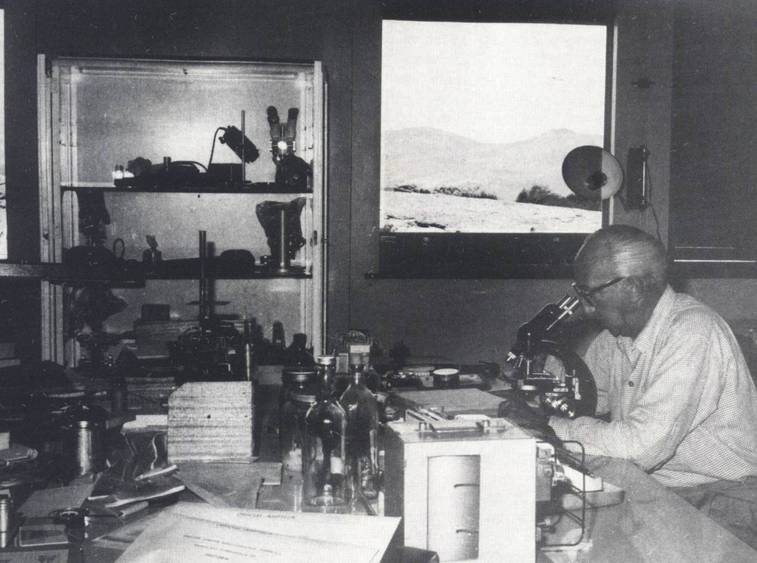

The DRFN being a non-profit organization depends on funding from external sources to implement some of its activities.
If you wish to make a donation towards the work that the organization implements, please make use of these banking details.
For more information on this please contact:
DRFN
FNB-Namibia
Account number: 555 011 525 61
Branch: Maerua
Branch code: 282273
Swift code: FIRNNANX

The confluence of three distinct habitat types, namely the sand dunes,the gravel plains and the riparian forest of the Kuiseb River led to the establishment of the Namib Desert Research Station in 1962 by Dr Charles Koch of the Transvaal Museum. This followed more than ten years of expeditions to the Kalahari and Namib Deserts. The locality provided an ideal setting for the study of unique life forms, their interactions with the harsh arid environment, as well their adaptive coping strategies. The research station became the Desert Ecological Research Unit (DERU) in 1963, conducting ecological, climatologic, geomorphologic and geologic and archeological research. Dr Mary Seely took over from Dr Koch in 1970 and headed the institution until 1998.
Over the years, a rich and comprehensive collection of data was gathered and insights gained on arid environments, key biotic and abiotic factors, and their interactions at Gobabeb. The Desert Research Foundation of Namibia (DRFN) was founded in 1990 under the leadership of Dr Seely to facilitate the dissemination and application of long-term insights and experiences gained at Gobabeb to the benefit decision-making and sustainable management of the broader Namibian environment. DRFN established an office in Windhoek in 1995. Since then the DRFN has, through its projects and general involvement in current affairs, strived to ensure informed decision-making based on applied research, knowledge and understanding of the environment for sustainable livelihoods and development.
In 1998 the DRFN entered into a joint-venture agreement with the Ministry of Environment and Tourism, in terms of which Gobabeb became an autonomous research and training institute, the Gobabeb Research and Training Centre.
Between 2007 and 2009, Dr Detlof von Oertzen headed the DRFN. Thereafter, DRFN was led by Viviane Kinyaga, who started her career with the DRFN as a student taking part in the Summer Desertification Programme - a good example of how DRFN strives to enhance decision making for sustainable development. More recently in 2016, Dr Martin Schneider assumed the directorship of the DRFN. He brings a long experience in working with institutions of higher learning, NGOs, and soil science, which is his field of expertise.